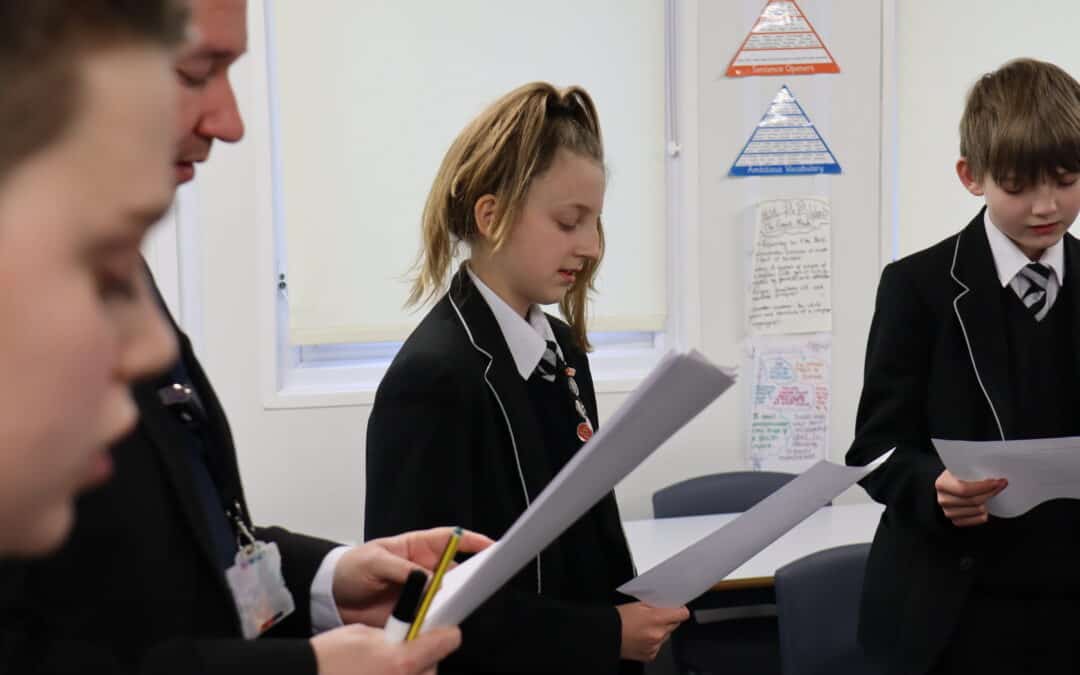THE Laurus Trust has been highlighted to MPs as a positive example of the benefits of teaching oracy in schools.
The All-Party Parliamentary Group (APPG) on Oracy has been advocating the importance of developing children’s oral communication skills – gathering evidence for its Speak for Change inquiry about its benefits from improving educational attainment and employability to supporting mental health. The inquiry report was published on April 28 and features the Laurus Trust as one of its case studies.
The inquiry intends to identify the barriers to children accessing quality oracy education and selected a number of educational establishments to showcase best practice of which the Laurus Trust was one.
The move comes amid fears that oracy is skill that is being undervalued and overlooked by schools, hampering social mobility, educational achievement, wellbeing and future employability.
Emma Hardy, Shadow Minister for Further Education and Universities and Chair of the APPG on Oracy, said: “The Oracy APPG is calling for better support for teachers to embed oracy in their classrooms and raised expectations for pupils’ entitlement to quality oracy teaching, in order to harness the untapped potential of oracy to address educational inequality and improve employability.”
The APPG’s interim report, released last year, highlighted that young people have unequal access to opportunities to develop their oracy skills in schools in England. It found that over half of teachers surveyed said their schools do not have a consistent approach to oracy development among students and that the huge majority, 92%, of teachers think school closures during lockdowns have contributed to a widening of the ‘word gap’.
Oracy has always been a key focus in Laurus Trust schools. Sue Bradley, the Trust’s Director for Oracy, Literacy and Reading explains: “At the Laurus Trust and our teacher training arm the Altius Alliance, we recognise that if our students are to achieve their potential in school and progress to be able to compete at the highest level at top universities, apprenticeships and working environments, then they need to be confident, articulate and highly competent speakers.
“We also recognise, though that in many schools oracy is seen as the ‘Cinderella’ of the required literacy skills and that teachers are often unsure about how to increase their own vocal confidence and competence and include the development of oracy skills in to the curriculum without seeming to be promoting old style ‘elocution’. Our ‘aim’ is to ensure that ALL students and teachers, regardless of aptitude or ability, are taught the importance and power of the spoken word.”
The Trust’s Head of Voice is currently delivering and developing an ongoing programme of study – Beyond Oracy – for all students. Tom Morrison says: “Before we teach the techniques of communication, we must first foster an environment where a young person feels that they are allowed to have a voice and that that voice is valued and respected. We must also nurture a young person’s need to speak. If there is no need then oracy will be reduced to empty technique.”
You can read the full report by clicking here.
